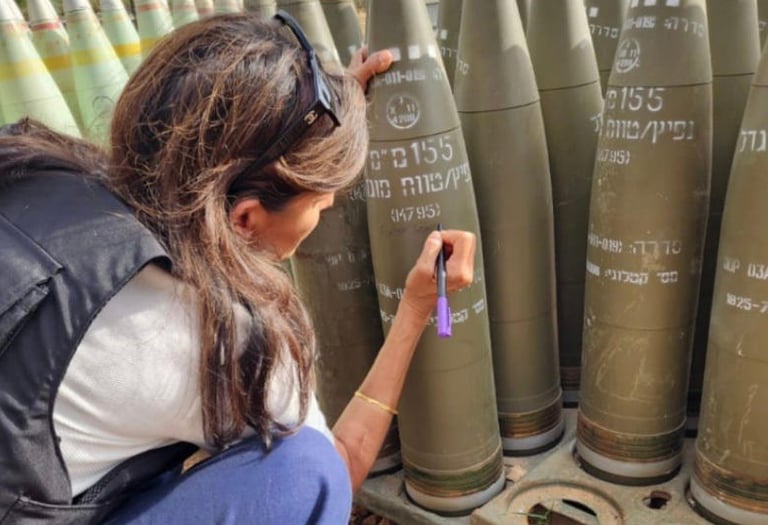Politicians & public figures
The Silence of the Powerful: A Complicity that Kills
This page is under construction and will grow as our research advances. Stay tuned for updates.
Public figures—whether political leaders, media intellectuals, or influential celebrities—wield immense power: the power to shape public narrative and define the boundaries of what is morally acceptable. Their words can legitimize an action or condemn it; they can illuminate the truth or obscure it. In turn, their silence is never neutral. In the context of the mass violence in Gaza, characterized by credible international legal institutions like the International Court of Justice as presenting a "plausible risk of genocide," this silence becomes a profoundly significant political stance.
To remain silent in the face of atrocity is more than mere abstention; it is an act of calculated cowardice. This silence deliberately chooses not to disturb the established order, not to risk political capital or popularity. It gives free rein to disinformation and violence, without moral opposition. By refusing to name the unnameable, this silence normalizes the abnormal and suffocates necessary outrage. Through its very inertia, it becomes fuel for the war machine. Influence that remains silent is an active complicity by omission. It grants the immunity of emptiness to those who act with total impunity.
Active Support: The Uninhibited Collaboration.
Even worse is open and unconditional support. When public figures justify, rationalize, or celebrate massively destructive actions by cloaking them in the guise of "self-defense" or "necessity," they cross a red line. They are no longer mere observers, but participants in the narrative. They provide moral and political cover for acts condemned by international law and human conscience. This support is not a simple opinion; it is direct collaboration with the mechanics of destruction. It is the act of whitewashing war crimes by labelling them as mistakes, and presenting a deadly siege as an acceptable strategy.
The Judgment of History: An Inevitable Condemnation
History is not a passive record; it is a merciless tribunal for consciences. It absolves neither the perpetrators, nor those who, through their silence or encouragement, held the spotlights or sharpened the blades. The archives will preserve their names, their speeches, and their guilty silences. They will be placed alongside the accomplices and collaborators of all the great human tragedies—those who claimed they "did not know" or "could not act." Posterity will inscribe them not in the marble of heroes, but in the ledgers of infamy, as accomplices to a genocide, judged and condemned for all time by the court of History and hopefully by the courts themselves.




